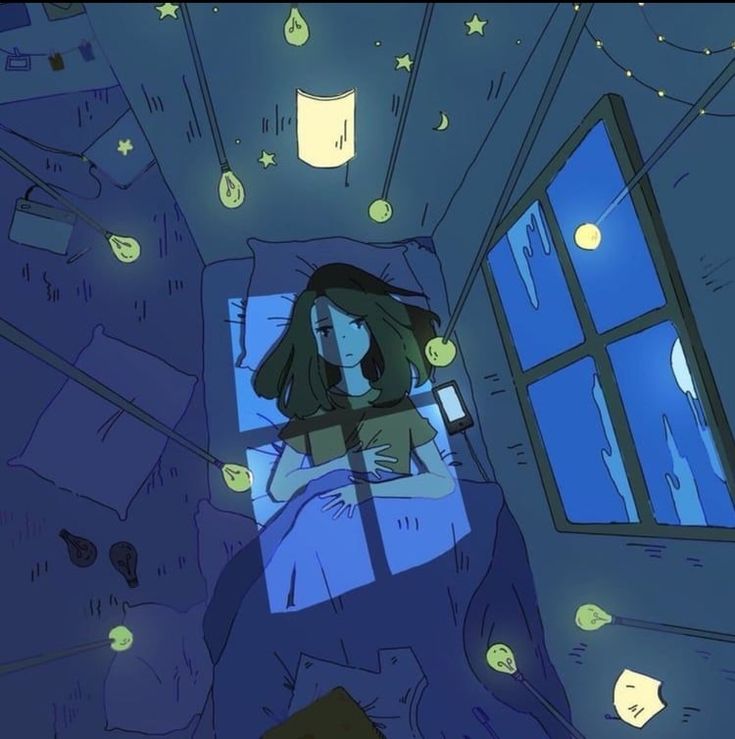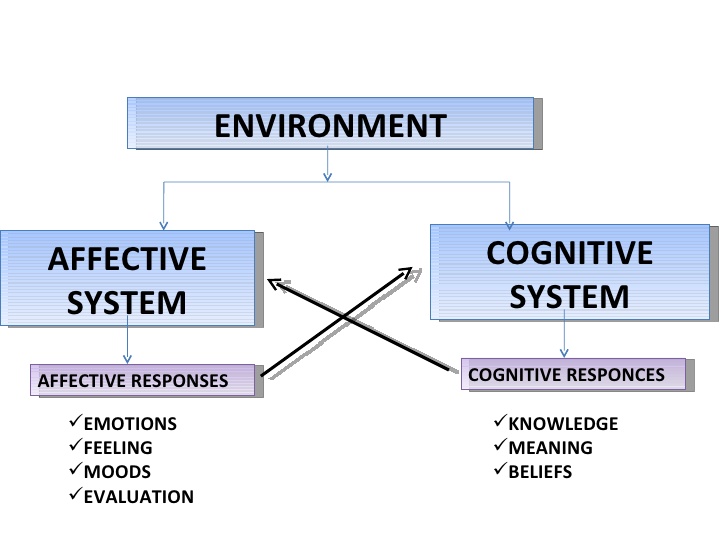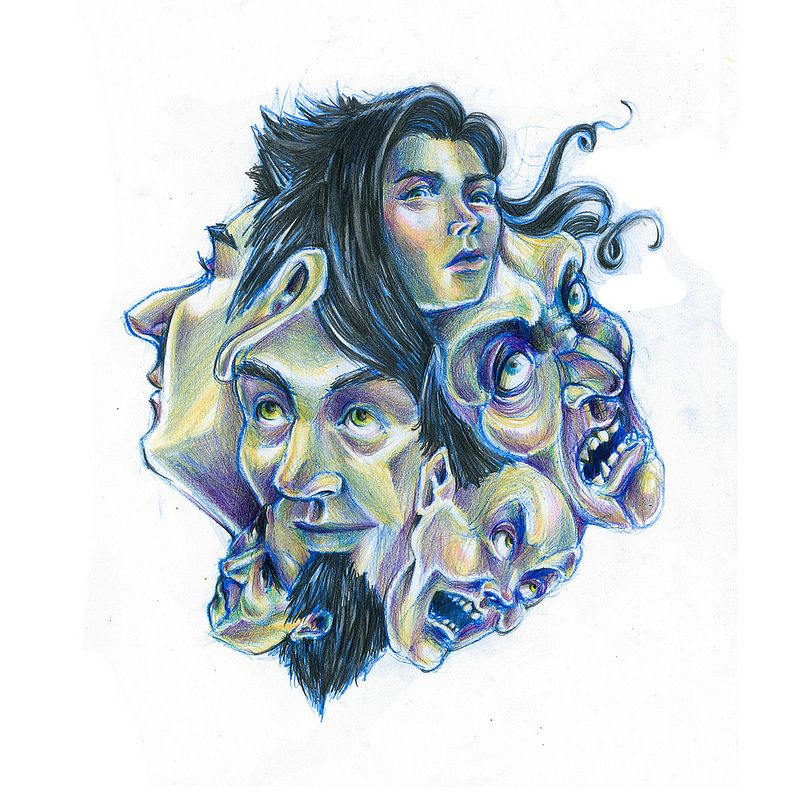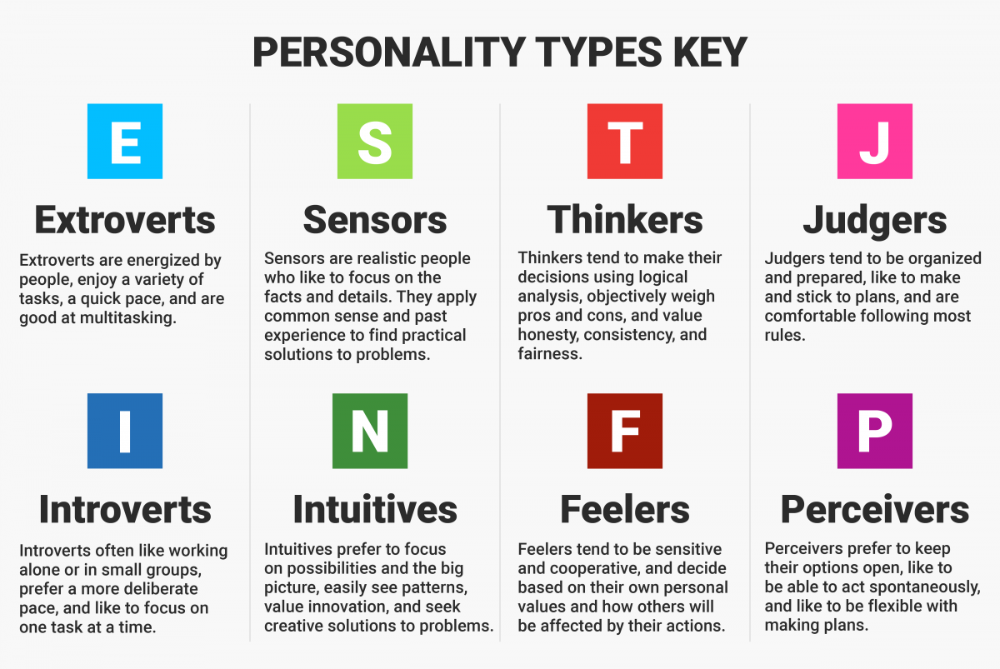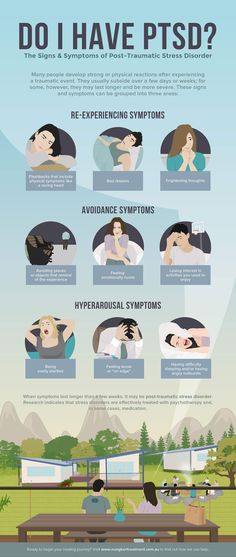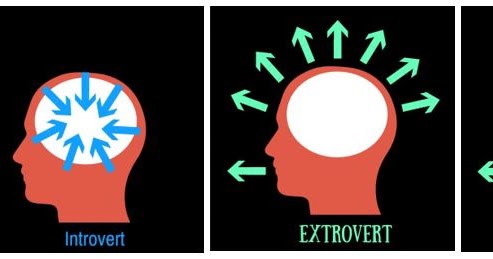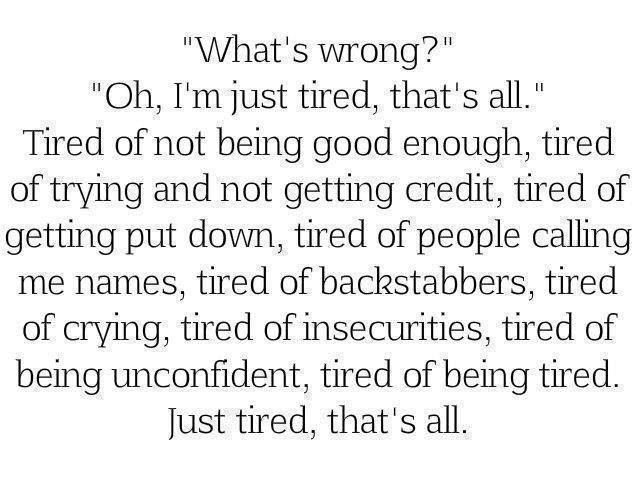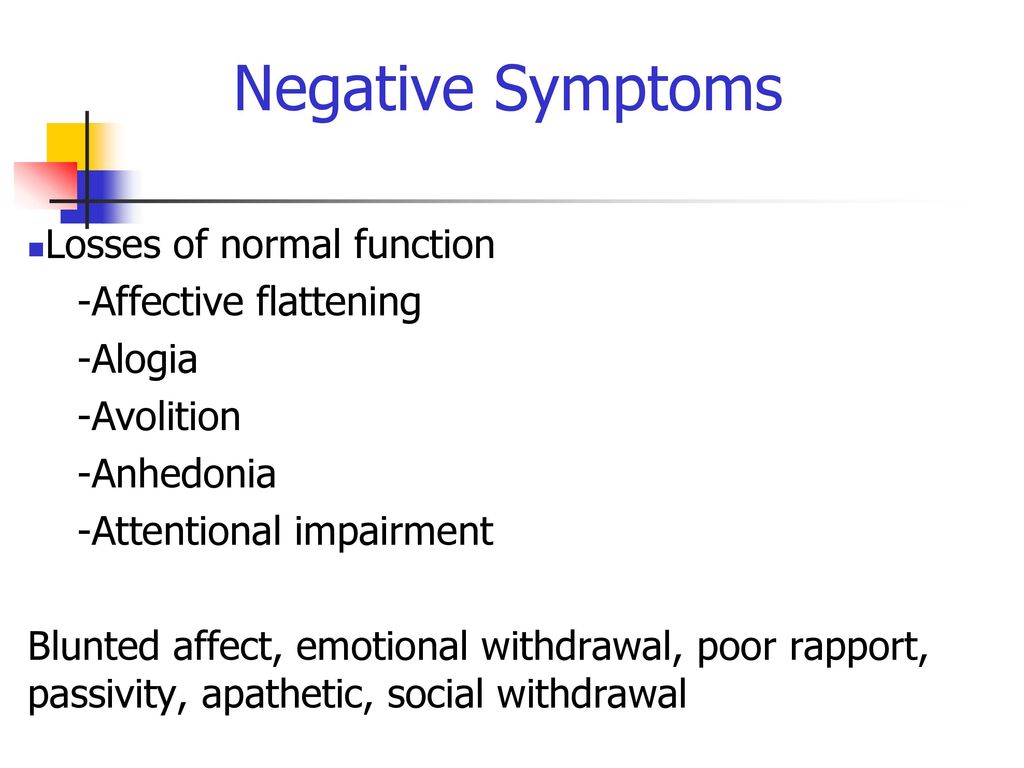I get anxiety at night
Why do you get anxiety at night?
It’s bedtime, and not a creature is stirring…except for your racing mind, that is. Why is it that even after a relatively anxiety-free day, our minds sometimes go into overdrive when our heads hit the pillow?
Why does it happen at night?
Anxiety is a normal human emotion characterized by feelings of nervousness and worry. You may find yourself experiencing anxiety during stressful situations, such as a first date or job interview.
Sometimes, though, anxiety may linger around for longer than usual. When this happens, it can interfere with your daily — and nightly — life.
One of the most common times when people experience anxiety is at night. Many clinical trials have found that sleep deprivation can be a trigger for anxiety. Historically, research also suggests anxiety disorders are associated with reduced sleep quality.
When you lie down at night to unwind, your brain turns to all of the worries it didn’t have time for during the day. Frequently, this anxiety revolves around worries you can’t solve in the moment.
Chronic daytime stress puts your body into overdrive and taxes your hormones and adrenal system, which are directly linked to sleep — so sleep troubles may be a red flag telling you to address stress during your waking hours.
Nighttime anxiety can trigger a vicious cycle: A bad night’s sleep leads to exhaustion the next day and disrupts your body’s natural rhythms.
Symptoms
There are many symptoms of anxiety. Everyone experiences anxiety differently. Symptoms can happen anytime of the day, morning, or night. Common symptoms of anxiety include:
- feelings of nervousness, restlessness, or worry
- trouble concentrating
- trouble falling asleep or staying asleep
- gastrointestinal problems
Sleep issues and anxiety seem to accompany one another. Lack of sleep can be an anxiety trigger, while anxiety can also lead to a lack of sleep.
According to the Anxiety and Depression Association of America (ADAA), over 50 percent of adults say their anxiety levels affect their ability to get to sleep at night.
There’s very little scientific research on nighttime anxiety. Still, there are many reasons why your anxiety may be worse at night.
You may feel that your mind is racing, and you can’t stop your thoughts. You may be focused on the worries of the day or anticipating things on your to-do list for the next day.
Settle into your routines
- When it comes to sleep, routine is your best friend.
- Eating at the same time every day helps regulate your circadian rhythms.
- Eating breakfast signals that it’s time for your body to wake up.
- Regular daytime exercise releases endorphins and decreases levels of cortisol, the hormone behind stress.
- Going to bed at the same time every night teaches your body to get sleepy around the same time.
- But if you want to lessen nighttime anxiety, it’s still important to implement a specific nighttime routine.
Try quiet, tech-free activities that reduce your cortisol levels and help ease you into sleep, such as:
- Taking a bath.
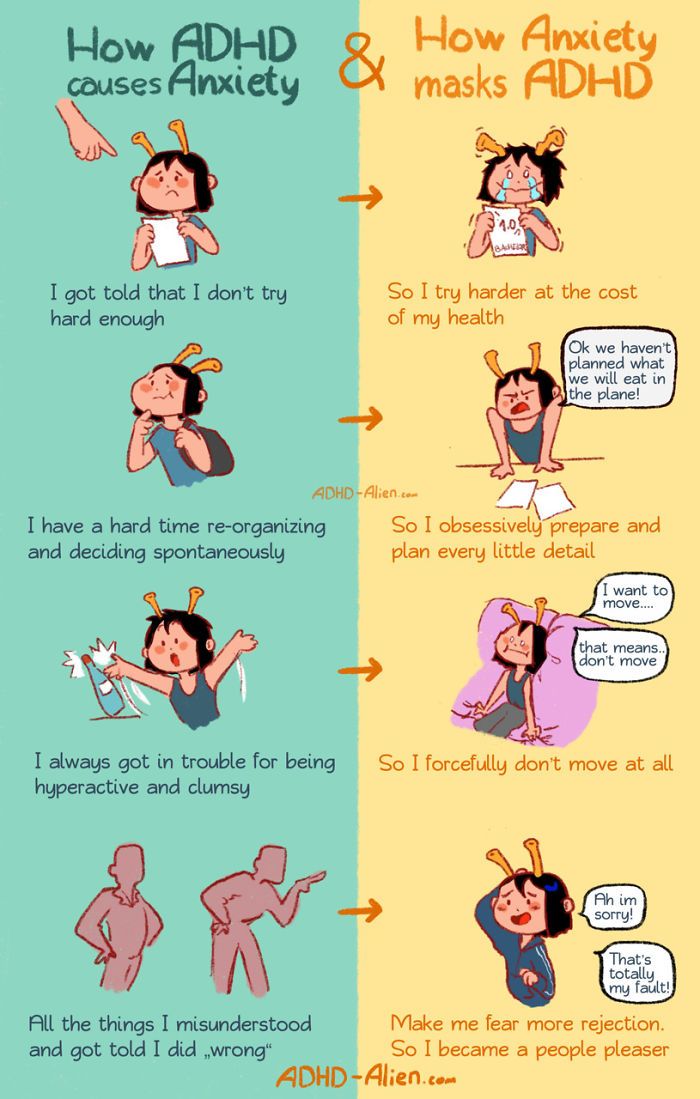
- Reading a book.
- Journaling.
- Doing yoga stretches.
- Try these pre-sleep snacks
If you’re worried you’ll be too worried to fall asleep, head off nighttime anxiety with these all-natural tricks:
- Drink tart cherry juice or eat a bowl of tart cherries. Studies show that tart cherry consumption can help you sleep for up to 85 minutes longer because they’re a source of melatonin, a sleep aid that reduces inflammation in the body.
- Make a mug of chamomile tea. This ancient herbal tea has been clinically shown to help reduce anxiety and promote sleep.
- Pop a Brazil nut or two. These big, buttery tree nuts are one of the world’s best sources of selenium, which can help your thyroid run smoothly and thus aid in sleep. Just two Brazil nuts have been shown to be as helpful as a selenium supplement.
- Try not to consume caffeine late in the day, whether in coffee or elsewhere.
Put your phone to bed
Just say no to scrolling before bed — the practice of taking in a barrage of bad news online. And if anxiety keeps you awake or wakes you up, resist the temptation to break this rule and start using your phone. Your phone’s blue light signals your brain to turn back on, ultimately making it even harder to get to sleep.
And if anxiety keeps you awake or wakes you up, resist the temptation to break this rule and start using your phone. Your phone’s blue light signals your brain to turn back on, ultimately making it even harder to get to sleep.
If you can’t sleep…
If you wake up with anxiety in the middle of the night, these practical tips can help you stop tossing and turning:
- Write it down. Keep a journal next to your bed where you can jot down your worries.
- Listen to soothing music. Studies show that relaxing tunes can calm your autonomic nervous system, which leads to slower breathing, reduced heart rate, and lower blood pressure, all of which help you sleep.
- Get up but stay calm. If you simply can’t snooze, it’s OK to get out of bed — just be smart about what you do next.
- And try to avoid self-medication with food, alcohol, or sleep aids, which can provide short-term help but won’t get to the root of your issues.
Meditate on it
- Gently part your lips.

- Exhale, making a “whoosh” sound as you do.
- Silently inhale as you press your lips together for a count of four.
- For a count of seven, hold your breath.
- Exhale for a count of eight, and make the whooshing sound again.
- Repeat this four times as you first start; work up to eight repetitions.
Treatments
It’s important to remember that it can take time to find the right treatment approach for your anxiety. Because of this, you and your doctor may choose to use a variety of different treatment options.
Treat underlying conditions
There are some medical conditions that can cause symptoms of anxiety. They include:
- heart disease
- hyperthyroidism
- diabetes
- chronic pain
- irritable bowel syndrome
- certain brain tumors
If any of these conditions are causing your nighttime anxiety, your doctor will want to treat them first.
The bottom line
Finally, if nothing seems to help your nighttime anxiety, check in with a physician or therapist, who can help get to the bottom of underlying medical conditions or anxiety disorders.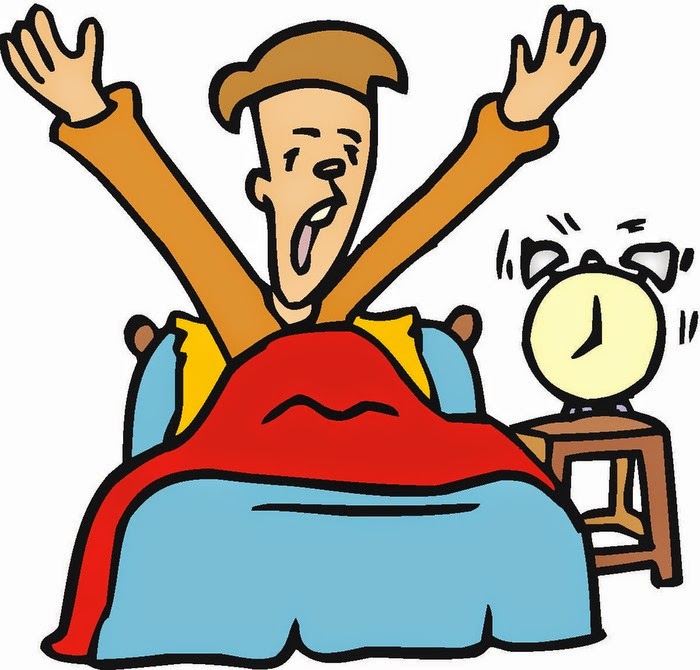
There are many reasons why your anxiety may be worse at night. Daily stressors, poor sleep habits, and other health conditions can lead to increased anxiety and panic attacks at night.
However, there are many treatments available that can help ease your anxiety and improve your quality of sleep. If you’re concerned that your nighttime anxiety and lack of sleep are affecting your life, it’s never too late to take advantage of the mental health resources available to you.
These online resources can help you find a mental health professional near you:
- American Psychiatric Association’s Find a Psychiatrist
- American Psychological Association’s Psychologist Locator
- Anxiety and Depression Association of America’s Find a Therapist
As you (try to) fall asleep, remember: Mindfulness is key. Rather than worrying about the future, focus on what’s within your control right now — like getting to sleep.
To schedule an appointment with Primary Care of Roxborough for an evaluation call us at 215-487-1887 or visit https://www. roxboroughmemorial.com/~/our-services/family-medicine/
roxboroughmemorial.com/~/our-services/family-medicine/
Cited:https://www.healthline.com/health/mental-health/tools-and-tricks-to-calm-your-anxiety-and-actually-get-some-sleep, https://restonic.com/blog/cant-sleep-8-proven-mind-tricks-soothe-anxious-mind, https://www.health.harvard.edu/mind-and-mood/tips-for-beating-anxiety-to-get-a-better-nights-sleep, https://www.sleepfoundation.org/mental-health/anxiety-and-sleep, and https://health.clevelandclinic.org/how-to-calm-your-anxiety-at-night/
Anxiety at Night: Causes, Symptoms, and Treatments
We include products we think are useful for our readers. If you buy through links on this page, we may earn a small commission. Here’s our process.
Anxiety is a normal human emotion characterized by feelings of nervousness and worry. You may find yourself experiencing anxiety during stressful situations, such as a first date or job interview.
Sometimes, though, anxiety may linger around for longer than usual. When this happens, it can interfere with your daily — and nightly — life.
One of the most common times when people experience anxiety is at night. Many clinical trials have found that sleep deprivation can be a trigger for anxiety. Historically, research also suggests anxiety disorders are associated with reduced sleep quality.
Treating your nighttime anxiety and addressing your sleep issues are important steps in improving your quality of life.
There are many symptoms of anxiety. Everyone experiences anxiety differently. Symptoms can happen anytime of the day, morning, or night. Common symptoms of anxiety include:
- feelings of nervousness, restlessness, or worry
- trouble concentrating
- trouble falling asleep or staying asleep
- gastrointestinal problems
Another symptom a person with anxiety may also experience is a panic attack. A panic attack is an episode of extreme and intense fear, often accompanied by physical manifestations. The common symptoms of a panic attack include:
- a sense of impending doom
- increased heart rate and chest pains
- shortness of breath and throat tightness
- sweating, chills, and hot flashes
- dizziness or lightheadedness
- a feeling of detachment, or like nothing is real
In some cases, you may even wake up from a nocturnal panic attack. Nocturnal (nighttime) panic attacks have the same signs and symptoms of regular panic attacks, only they occur while you’re asleep.
Nocturnal (nighttime) panic attacks have the same signs and symptoms of regular panic attacks, only they occur while you’re asleep.
If you experience a nocturnal panic attack, it may be hard to calm down and fall back asleep.
Sleep issues and anxiety seem to accompany one another. Lack of sleep can be an anxiety trigger, while anxiety can also lead to a lack of sleep.
According to the Anxiety and Depression Association of America (ADAA), over 50 percent of adults say their anxiety levels affect their ability to get to sleep at night.
There’s very little scientific research on nighttime anxiety. Still, there are many reasons why your anxiety may be worse at night.
You may feel that your mind is racing, and you can’t stop your thoughts. You may be focused on the worries of the day or anticipating things on your to-do list for the next day.
This perceived “stress” can cause the body to experience an adrenaline rush, which makes it incredibly difficult to get to sleep.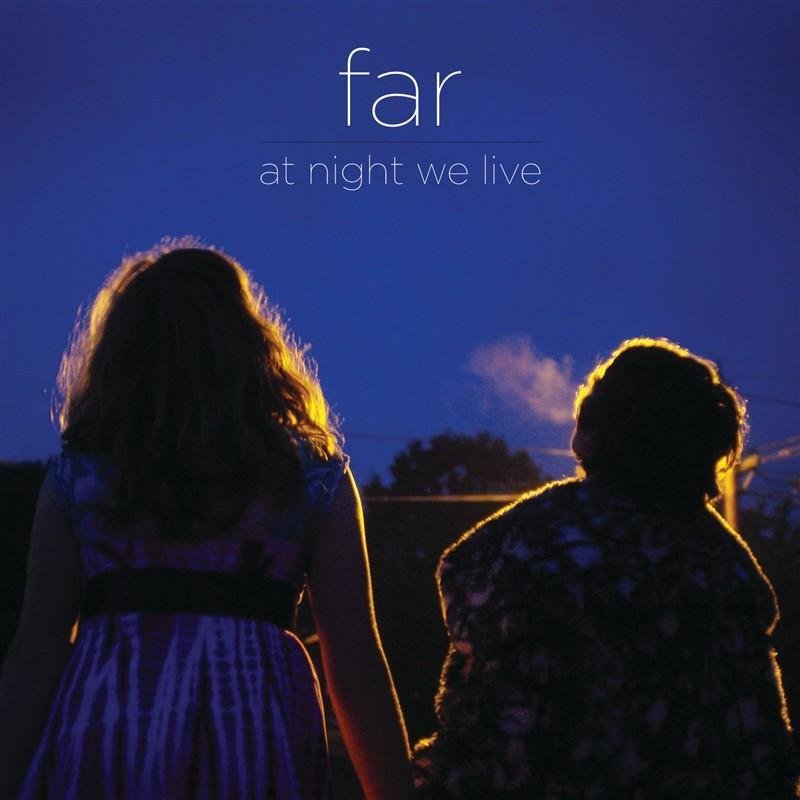
Anxiety and sleep research
There is, however, plenty of research on how anxiety can affect sleep and vice versa.
According to the ADAA, research shows that sleep disorders occur in almost all psychiatric disorders.
In a small 2015 study, researchers examined the relationship between cognitive behavioral therapy (CBT) and sleep quality in people with anxiety. Researchers found that both sleep quality and sleep latency (the time it takes to fall asleep) improved in participants who responded to CBT.
The researchers believe that targeting sleep problems during anxiety treatment might be beneficial for those who have trouble sleeping.
It’s important to remember that it can take time to find the right treatment approach for your anxiety. Because of this, you and your doctor may choose to use a variety of different treatment options.
Treat underlying conditions
There are some medical conditions that can cause symptoms of anxiety. They include:
- heart disease
- hyperthyroidism
- diabetes
- chronic pain
- irritable bowel syndrome
- certain brain tumors
If any of these conditions are causing your nighttime anxiety, your doctor will want to treat them first.
There are many forms of psychotherapy that can treat anxiety. One of the most well-established methods is cognitive behavioral therapy (CBT). CBT is a form of psychotherapy that encourages changing your thought patterns to improve your behavior and mood.
According to the ADAA, it can take 12 to 16 weeks to begin seeing results with CBT.
MedicationIn many cases, treating anxiety requires a dual approach. Both psychotherapy and medication may be used in conjunction to produce the best results.
There are various types of medications your doctor may prescribe for your anxiety. They can discuss a medication’s pros and cons, availability, and more with you.
The most common drugs prescribed for acute anxiety attacks are benzodiazepines. The most common drugs prescribed for long-term cases of anxiety are antidepressants.
Alternative medicineFor some people, alternative medicine is another treatment option for anxiety.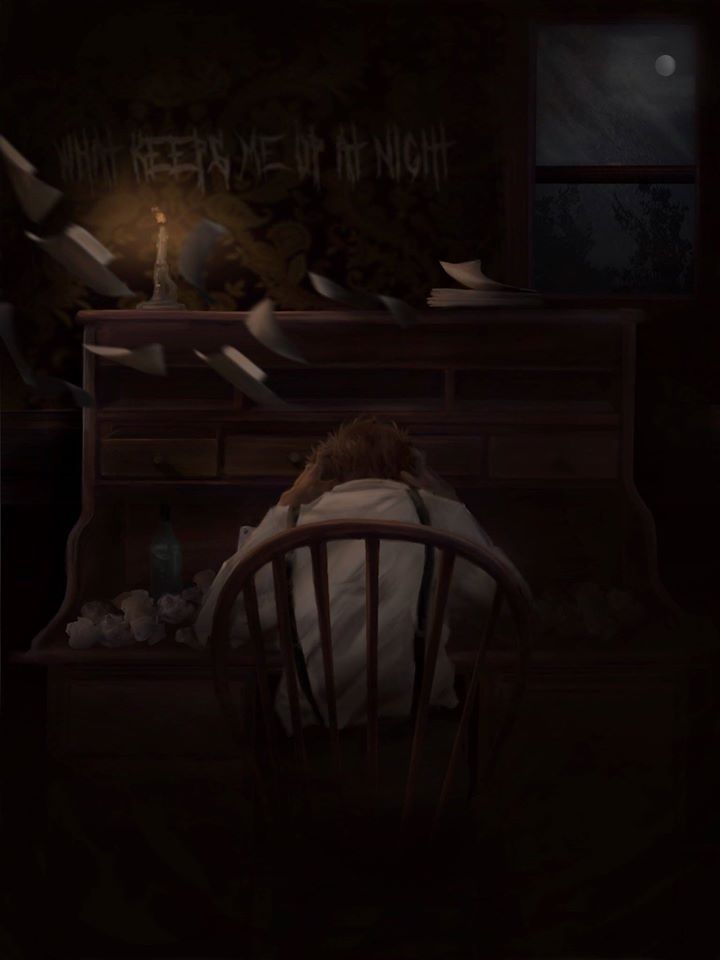
The research on herbal and botanical medicine for anxiety is much more limited than traditional medicine. However, a systematic review from 2010 did find that both nutritional and herbal supplementation may be worthwhile therapies for anxiety.
There’s strong evidence for the effectiveness of supplements containing passionflower, kava, L-lysine, and L-arginine.
Keep in mind that the U.S. Food and Drug Administration doesn’t regulate the quality or purity of supplements like they do for drugs. Talk to your doctor before trying supplements to make sure no interactions will occur.
Find passionflower, kava, L-lysine, and L-arginine supplements online.
Here are some lifestyle tips that may help you relax and ease your anxiety at night:
MeditationMeditation is the practice of mindfulness. Evidence suggests that even one session of meditation can be beneficial in reducing your anxiety. Even more benefits may be seen long term.
Meditating right before you tuck in for the night can be a great way to turn down the nighttime anxiety.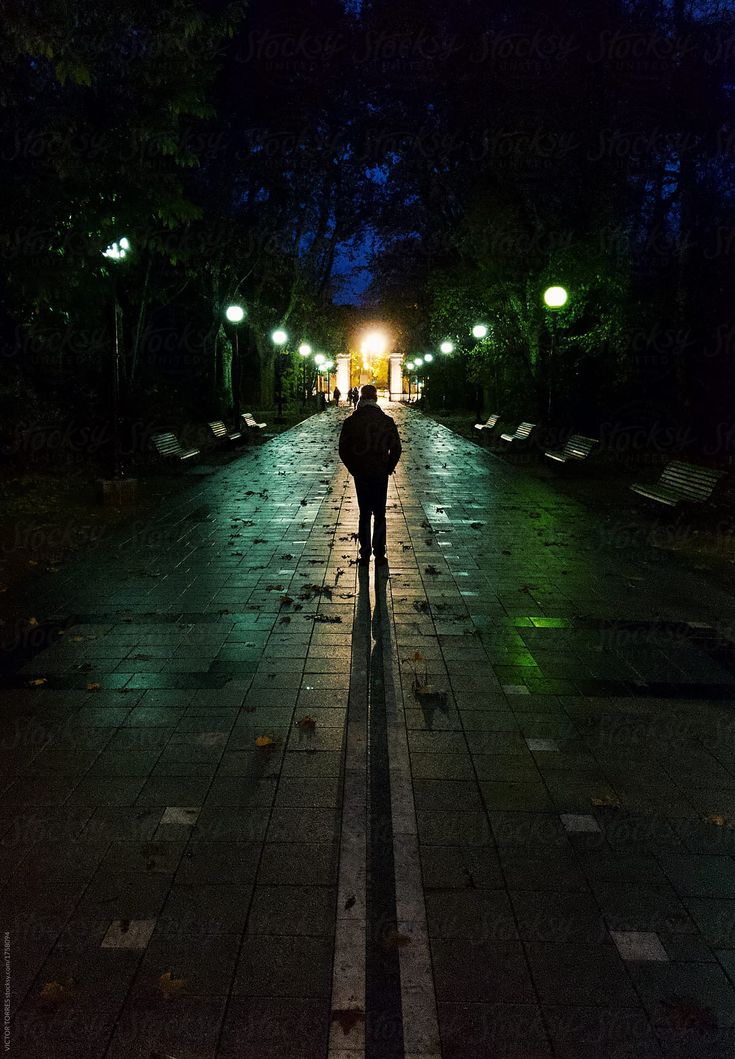
Deep breathing is a great way to reduce anxiety and stress. Breathing deeply can slow your heart rate and improve your blood pressure.
If you’re experiencing a panic attack at night, try deep breathing to ease the attack.
GroundingAnxiety can cause episodes of dissociation. Grounding is one way to keep yourself present in the moment.
Grounding techniques include both cognitive and sensory awareness, such as touching an object or saying today’s date out loud. Doing this at night before bed can help bring you back to the present moment so you can sleep.
To-do listIf one of your anxiety triggers involves worrying about your daily activities, you may notice your anxiety spikes more at night. Creating a to-do list for the day or week may help take away some of that anxiety.
Healthy sleep habitsOne of the most important ways to ease anxiety at night is through healthy sleep habits.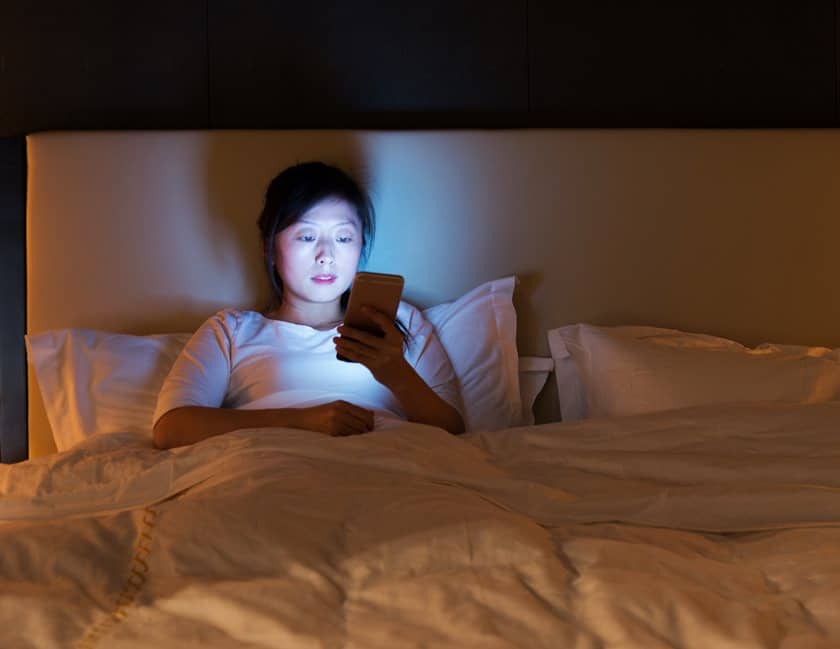 Making sure you’re happy and comfortable in your own bedroom will help improve your quality of sleep.
Making sure you’re happy and comfortable in your own bedroom will help improve your quality of sleep.
There are many ways to establish good sleep habits to ensure you’re sleeping better and for longer:
Exercise daily
Exercise can help improve both sleep quality and duration. If you experience nighttime anxiety, morning exercise may help you sleep longer at night, while afternoon workouts also have sleep benefits.
Strenuous exercise raises your body temperature and heart rate, so working out before bed can disrupt the falling asleep process. However regular exercise is better for sleep than not exercising at all, and finding a routine that works for you is the most important thing.
Besides, exercise isn’t only good for improving sleep. It can also help relieve your anxiety symptoms.
Develop a sleep schedule
Establishing a sleep schedule can help keep your circadian clock in check. When you keep your wake and sleep cycles around the same time each day, you may find it easier to fall asleep night.
Avoid stimulants before bed
Stimulants can worsen anxiety symptoms. In addition, because stimulants increase body activity, taking them before bed can make it more difficult to fall asleep.
Alcohol and caffeine can both have a negative effect on sleep, so be sure to avoid these before you hit the hay.
Turn off electronics
When you finally crawl into bed, ditch the electronics. A 2017 study found that in almost 350 adult participants, the use of electronics after bedtime was related exclusively to the amount of time it took to fall asleep.
This is because artificial blue light from electronics is thought to suppress the sleep hormone melatonin, making it harder to fall (and stay) asleep.
Create comfort
Pillows and mattresses should be comfortable and supportive for your body and sleeping style. Your bedroom is your own, so making it a comfortable, safe space to sleep can make all the difference for your nighttime anxiety.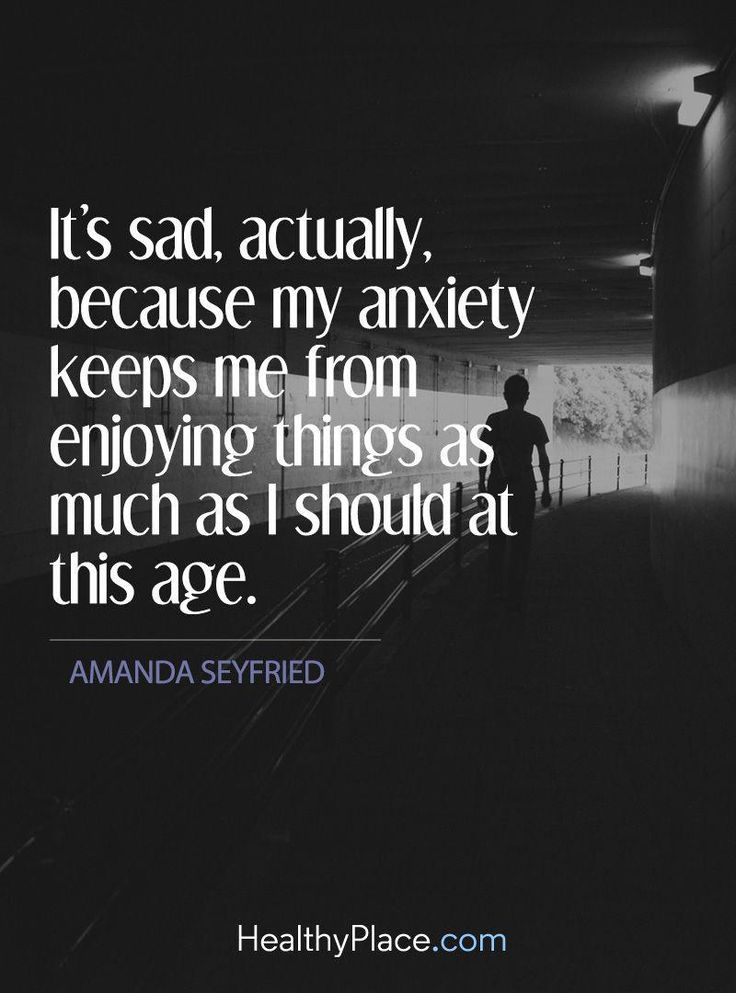
Constant anxiety that makes it difficult to sleep at night can affect your daily quality of life. Your work or school performance may worsen, and you may find it hard to complete your normal daily tasks.
If anxiety and lack of sleep are affecting your life in this way, it’s important to reach out to a doctor or mental health specialist for help.
For some people, nighttime anxiety can lead to insomnia. Insomnia is defined as persistent trouble falling or staying asleep. Chronic insomnia can have negative health effects, including an increased risk of:
- health conditions, such as high blood pressure and a weakened immune system
- mental health conditions, such as depression
- accidents
Whether your doctor makes a diagnosis of anxiety, insomnia, or both, reaching out is the first step in the treatment process.
There are many reasons why your anxiety may be worse at night. Daily stressors, poor sleep habits, and other health conditions can lead to increased anxiety and panic attacks at night.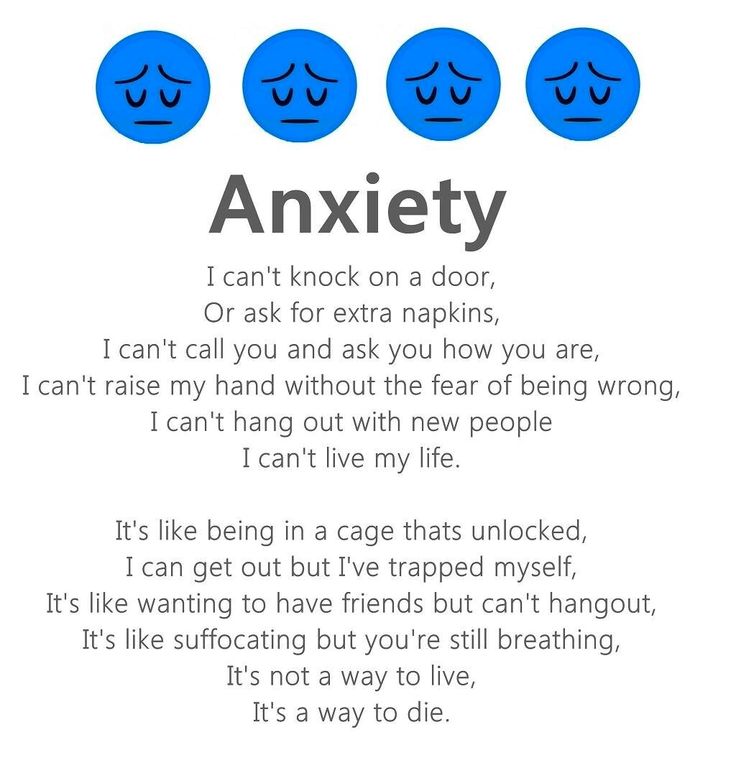
However, there are many treatments available that can help ease your anxiety and improve your quality of sleep. If you’re concerned that your nighttime anxiety and lack of sleep are affecting your life, it’s never too late to take advantage of the mental health resources available to you.
These online resources can help you find a mental health professional near you:
- American Psychiatric Association’s Find a Psychiatrist
- American Psychological Association’s Psychologist Locator
- Anxiety and Depression Association of America’s Find a Therapist
| 1. I have difficulty falling asleep | Yes |
| 2. Thoughts are spinning in my head and preventing me from falling asleep. | Yes |
| 3. I'm afraid not to fall asleep. | Yes |
| 4. I wake up at night and can't get back to sleep. | Yes |
5.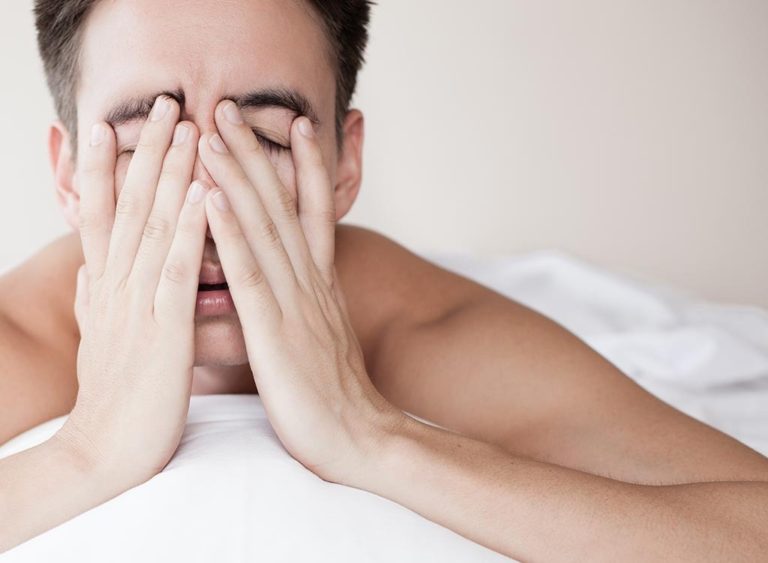 I worry over trifles and cannot relax. I worry over trifles and cannot relax. | Yes |
| 6. I wake up earlier than I would like in the morning and cannot get back to sleep. | Yes |
| 7. It takes me half an hour or more to fall asleep. | Yes |
| 8. I am often sad and depressed | Yes |
| 9. I am told that I snore. | Yes |
| 10. I am told that I have pauses in breathing during sleep, although I do not remember this after waking up. | Yes |
| 11. I have high blood pressure | Yes |
| 12. My friends and family say that I am often grumpy and irritable | Yes |
| 13. I am gaining weight. | Yes |
| 14. I sweat excessively at night. | Yes |
| 16. I have a headache in the morning | Yes |
| 17. My sleep gets worse during colds. | Yes |
18.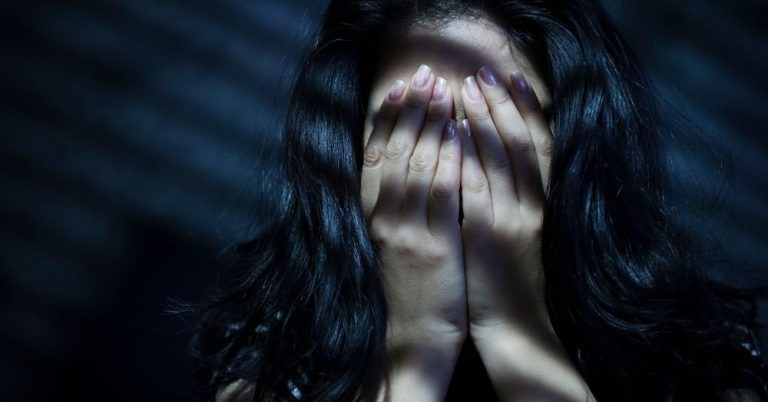 I suddenly wake up feeling short of breath. I suddenly wake up feeling short of breath. | Yes |
| 19. I am overweight. | Yes |
| 20. I have a low sex drive. | Yes |
| 21. I am often sleepy and have to make an effort to stay awake during the day. | Yes |
| 22. I have trouble concentrating while performing my professional duties. | Yes |
| 23. With sudden strong emotions (anger or surprise), I feel a sharp muscle weakness in the limbs. | Yes |
| 24. I fell asleep at the wheel while driving. | Yes |
| 25. I often notice "fog" in my head. | Yes |
| 26. I had dream-like visions while falling asleep or waking up (“waking dream”). | Yes |
| 27. I fell asleep during or immediately after a sudden physical effort. | Yes |
28. I sometimes had hallucinations while falling asleep. | Yes |
| 29. I have to put in a lot of effort to do my daily chores. | Yes |
| 30. I fell asleep while laughing or crying. | Yes |
| 31. I have difficulty at work due to drowsiness. | Yes |
| 32. I had nightmares immediately after falling asleep. | Yes |
| 33. I fall asleep several times a day. | Yes |
| 34. I have periods of overwhelming sleepiness during the day when I fall asleep despite my best efforts to stay awake. | Yes |
| 35. I had episodes of sensation of a paralyzed body after waking up (I was fully conscious, but could not move). | Yes |
| 36. I often get heartburn. | Yes |
| 37. I wake up at night with a sour or bitter taste in my mouth. | Yes |
38. I have to use antacids (baking soda, almagel, phosphalugel, etc. ) almost every week because of stomach problems. ) almost every week because of stomach problems. | Yes |
| 39. I have a hoarse voice in the morning. | Yes |
| 40. I have bouts of coughing or shortness of breath at night. | Yes |
| 41. My throat often hurts. | Yes |
| 42. At night I wake up suddenly with a feeling of suffocation and cannot breathe for a while. | Yes |
| 43. When I am not physically active, I feel muscle tension in my legs. | Yes |
| 44. I have noticed (or others have noticed) that my limbs twitch when I sleep. | Yes |
| 45. I was told that I kicked in my sleep. | Yes |
| 46. At rest or when I go to bed, my legs feel uncomfortable burning or crawling. | Yes |
| 47. I have pain or cramps in my legs at night. | Yes |
48. Sometimes I can't lie still at night because of discomfort in my legs and have to move them to relieve the symptoms.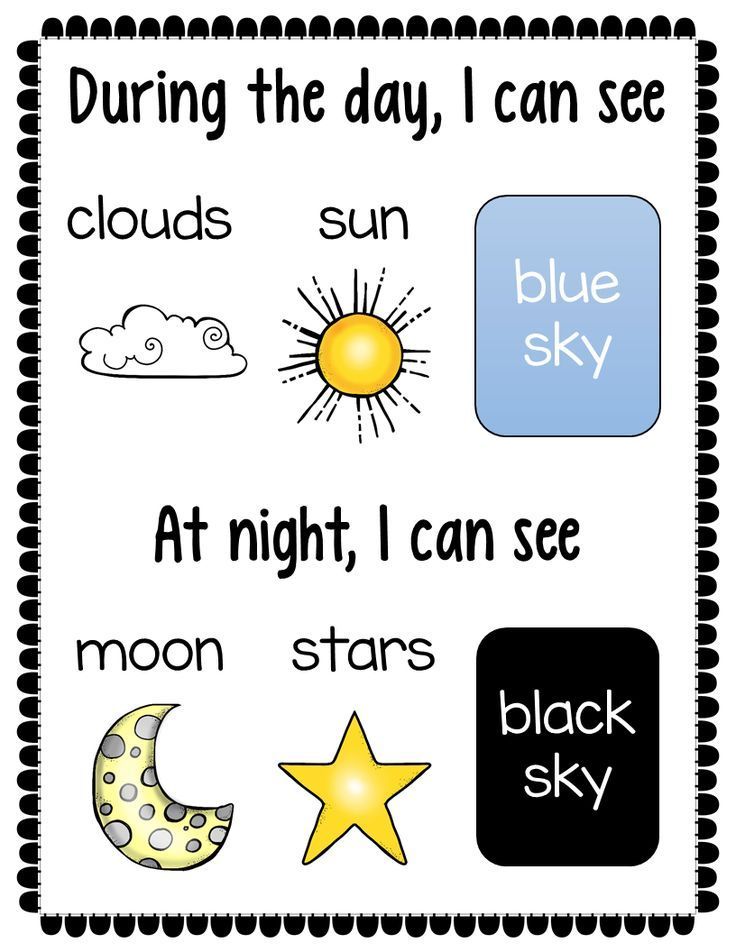 | Yes |
| 49. I wake up feeling stiff or sore. | Yes |
| 50. Even if I slept through the night, I feel sleepy the next day. | Yes |
Why I stopped worrying about anything and advise you • AIN.UA
February 20, 2016, 13:00
23514
Darius Forox, author of Massive Life Success and founder of online courses Procrastinate Zero wrote a Medium post about how to deal with problems and how to worry less.
Almost 3 months elapsed between the day I decided to quit my last job and the day I applied for resignation. During this time, I worried a lot. I decided to make my wish to become a professional writer come true, but it was all scary as hell.
I was constantly thinking things like “what if I can't pay my bills?” and “what if I don’t succeed?”, but it turned out that the solution to these excessive worries is easier than I expected.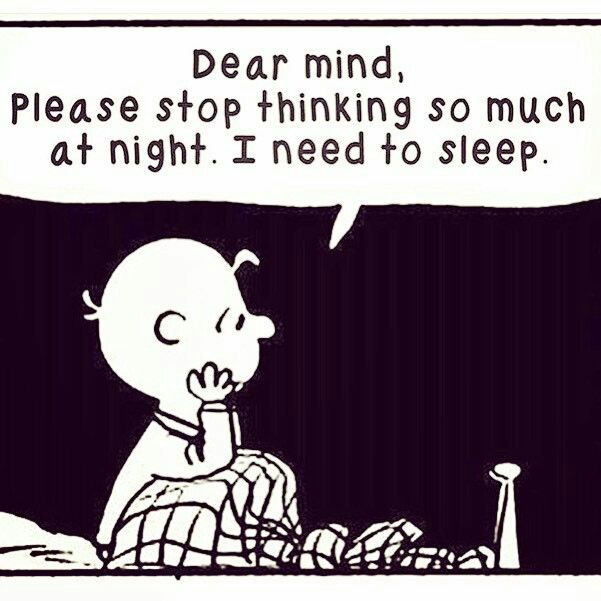
Many of us worry about everything: work, relationships, money, health. Some fears are real, but most are completely unnecessary. Regardless of what exactly is bothering you, the body's response is always the same - your cortisol levels rise. And elevated cortisol is something you definitely don't want. Cortisol compromises the immune system, making you more susceptible to disease.
Researchers have also found links between cortisol and diabetes, osteoporosis and cardiovascular disease. In addition, stress and fear can cause depression, bipolar disorder, panic disorder, and burnout. It is time to understand: if you do not stop worrying, you will die. And I'm not saying this, your body is talking.
For the past year and a half, I have been studying anxiety, stress, fear and anxiety almost every day. I even wrote a book on how you can live stress-free. My findings? Do not try to relieve stress and anxiety, but eradicate them.
“Fear conquers more people than anything else in the world,” Ralph Waldo Emerson.
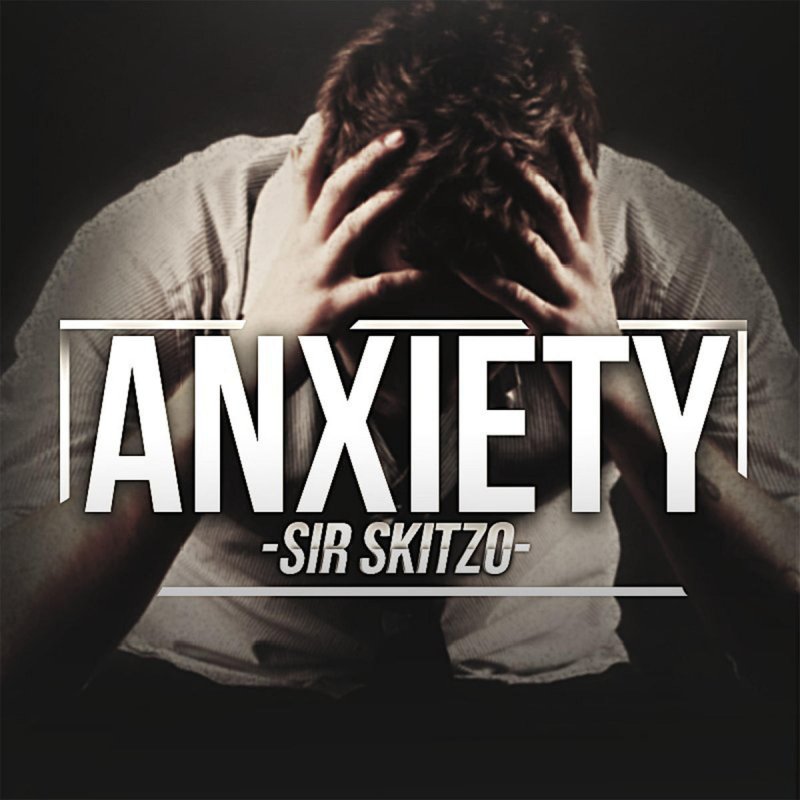
Relief doesn't work
Here's what most people do when they're stressed and anxious:
- take it out on a partner or family;
- drink alcohol, take drugs, or both;
- uncontrollably watching TV or serials;
- play video games;
- are going somewhere on vacation;
- party all night;
- have sex.
Honestly, how long do these things make you forget your worries? 10 minutes, half an hour, a day? As soon as you return to the reality of your life, anxiety and stress await you there.
This decision to take our mind off our lives doesn't work, yet many of us continue to do so. I have read many books and scientific papers about this problem. Some say it's too much free time, others say it's cultural, and still others think it's how we are made.
Frankly speaking, it is not so important to understand all the "why". We just have to look at the facts - people worry too much and it can ruin lives.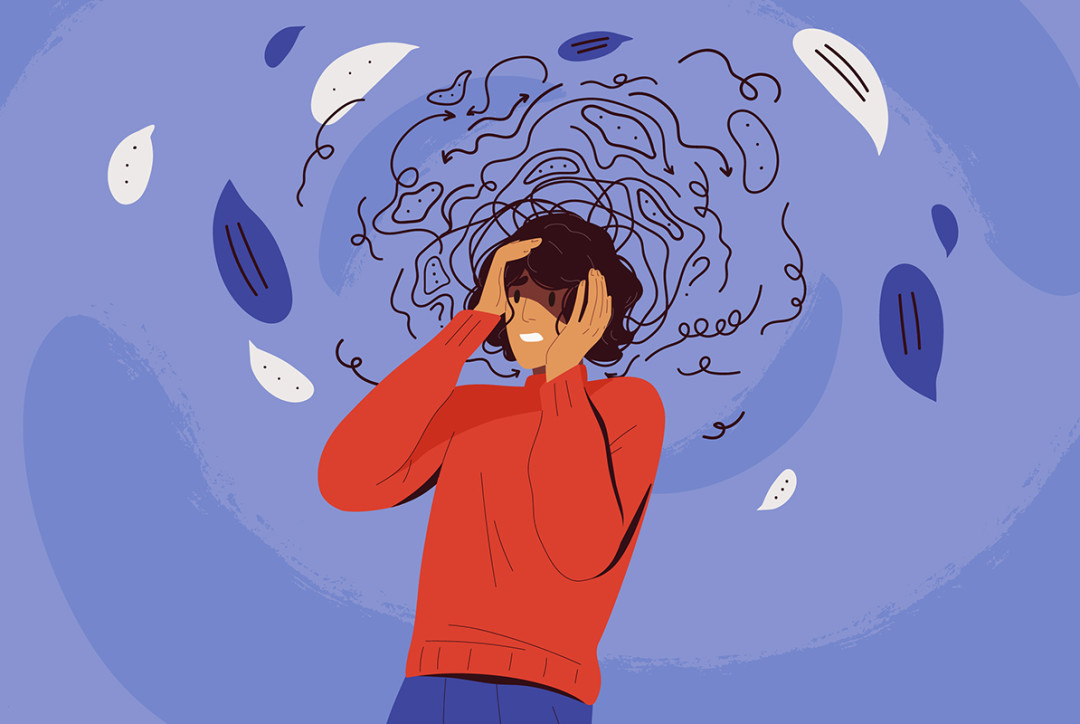 It is more important to focus on getting rid of anxiety.
It is more important to focus on getting rid of anxiety.
“Never let the future bother you. If necessary, you will meet him with the same weapons that today protect you from the real one. - Marcus Aurelius.
Turn experiences into a constructive process
Most of the time we worry about the future. It goes something like this: “What if…
- doesn't she love me anymore?
- Will I lose my job?
- I can't pay my bills?
- Will I fail this exam?
- Am I not getting a promotion?
- Will my business take off?”
And then we imagine the consequences. It goes something like this: “I will have to…
- be alone;
- find a new job;
- borrow money from parents;
- drop out of school because I failed;
- work in this position for another year;
- feel ashamed because everyone thinks I'm a loser."
Then we think, “I can't handle this,” and finally decide, the whole world is going to hell.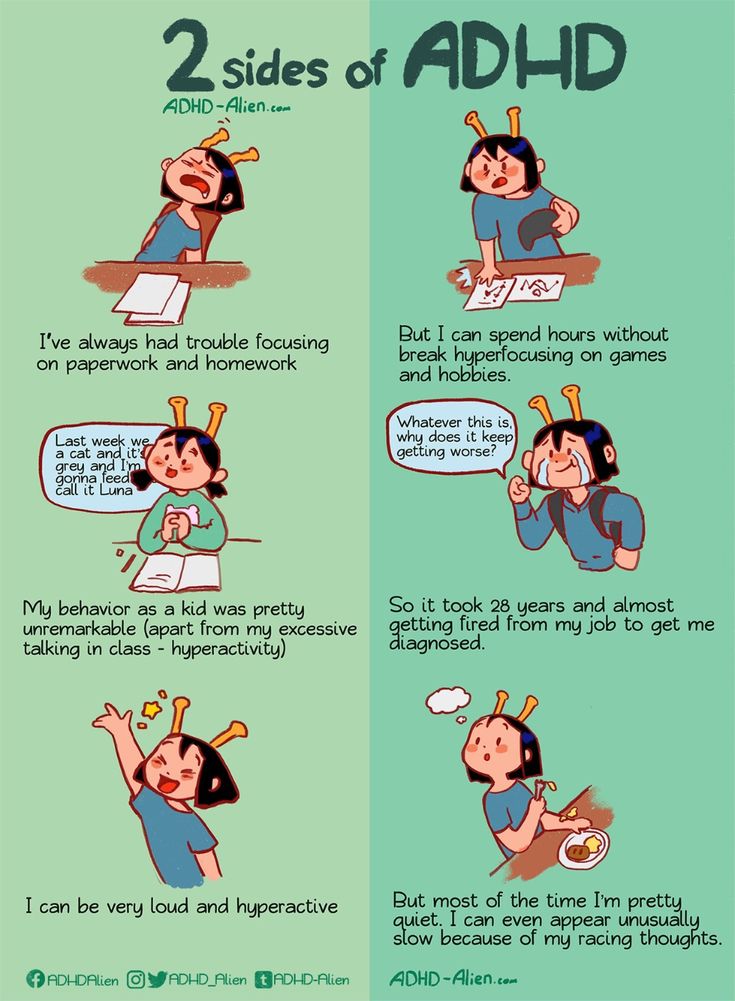 If your thought process looks like the one described above, then you are controlled by experiences.
If your thought process looks like the one described above, then you are controlled by experiences.
There is a very simple solution - self-control, which turns anxiety into a constructive process. In a 2002 study by Szabo & Lovibond, students were asked to write down their worries. The results of this study showed that you can turn anxiety into a constructive process by focusing on finding solutions to your problems.
“You have to learn the rules of the game. And then you have to start playing better than anyone else.” – Albert Einstein
How I use self-control to get rid of my worries
I am a pragmatic person and I think that meditation and such things are not for me. It's too incomprehensible. Instead, I prefer a hands-on approach, and here's how I do it:
- Open any note-taking app and write about all the things that bother me.
- Constantly updating the list of things I worry about, adding new items.
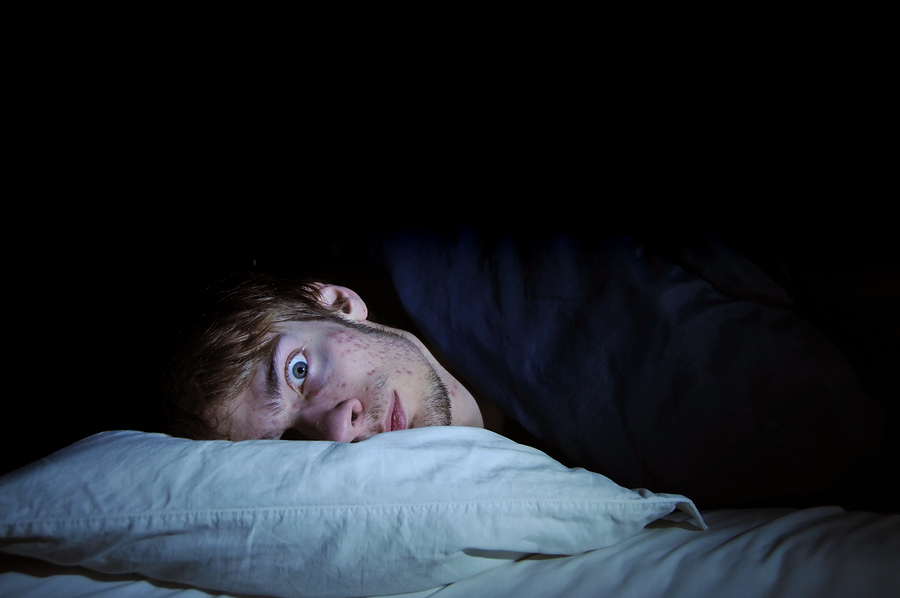 It is worth writing down all the problems, even small ones.
It is worth writing down all the problems, even small ones. - I am thinking about solving all the identified problems. For example, if your financial situation is causing you anxiety, you need to create a plan to earn more or spend less.
- I'm starting to implement the solutions I've come up with. Doing one thing every day brings you closer to solving the alleged problem.
- Finally, I don't worry about things I have zero control over. They just need to be accepted.
This process focuses on action. It forces you to identify the skills needed to overcome the identified problems. Problems don't go away on their own. Currently, I don't worry because I trust my ability to process whatever life throws at me.
Because knowledge, skills and character are the only things that no one can take away from you. Every minute you spend learning something new is time well spent. No matter what happens to you, you need to believe in your ability to find solutions to problems.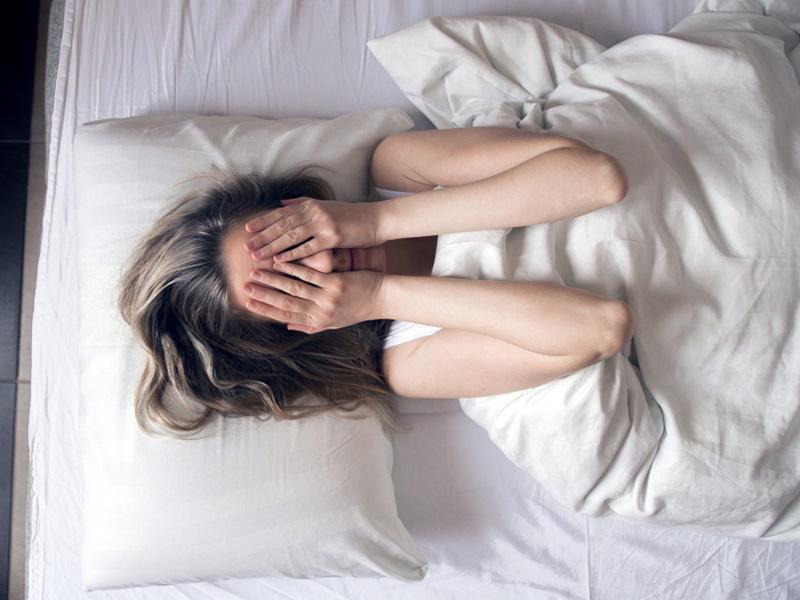 You can start right now.
You can start right now.
Recall that we recently wrote about six benefits of doing nothing.
# Medium
# life hacks
Projector Creative&Tech Online Institute
Login / register
or
To remember me
By clicking "Login / Register" you agree to the terms "User Agreement" AIN.UA
Forgot your password?
Password recovery
Please enter your e-mail.